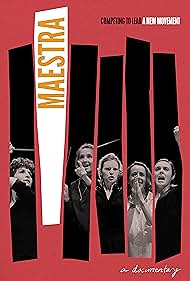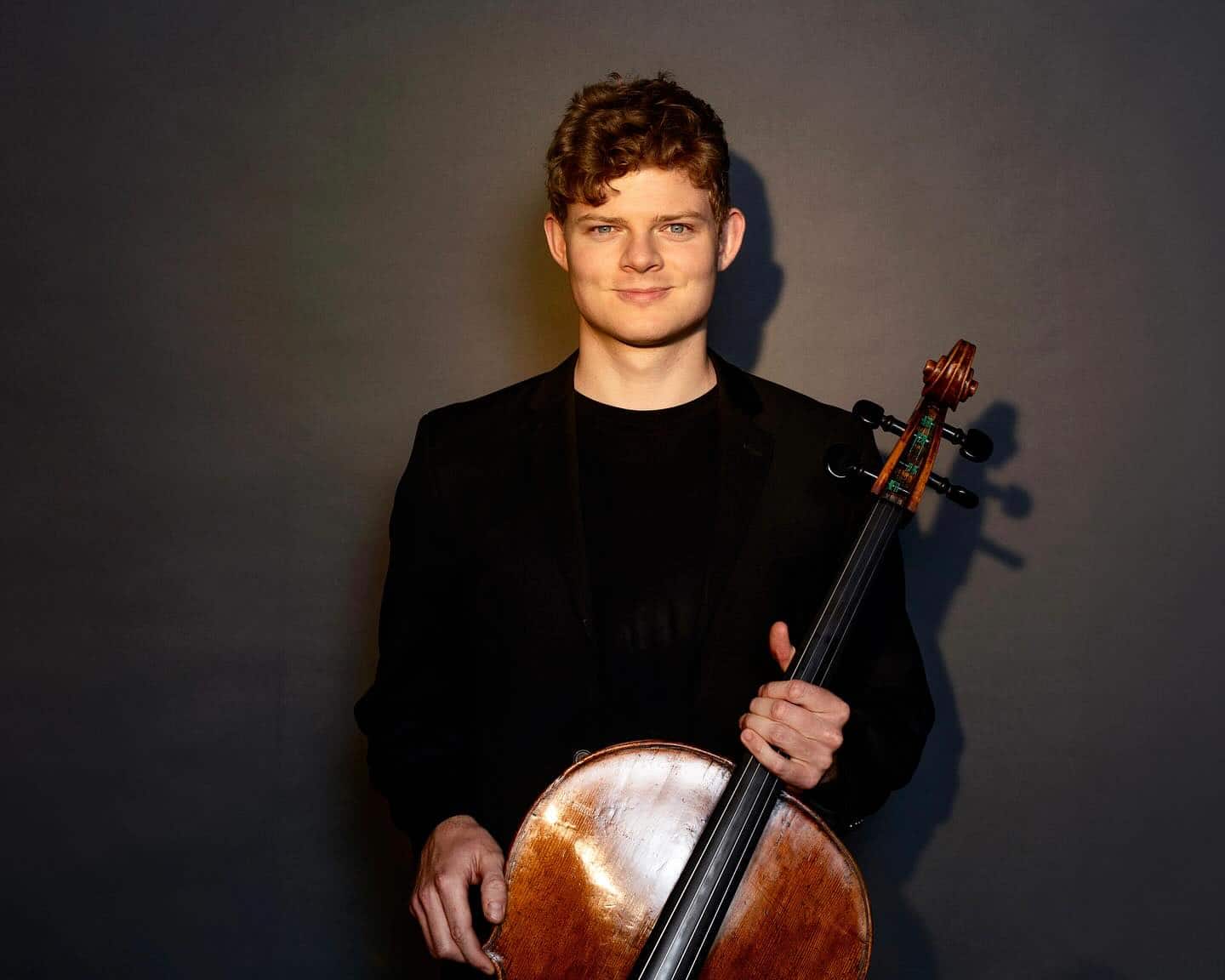A Maestra film reviewed
NewsBy our roving New York critic Susan Hall:
Maestra, a lively documentary film by Maggie Contreras, opens in the United States this week. The film follows five contestants in the second biennial Maestra competition in Pris for young women conductors. This is not a film about music, but rather about competition among women. Since women started playing traditional men’s sports like ice hockey, observers have noted their style is markedly different from men’s: they cooperate and don’t compete with each other. This is evident in Maestra.
The producer/director selected five women from a pool of fourteen. One of them fortuitously won the competition. Another, Tamara, was clearly the “Marin Alsop” of the group, incredibly generous and supportive. Her nature shone through in a talk back at the Angelika Cinema in New York where the film is premiering.
Alsop is one of the judges in Maestra. The director singles her out to give intermittent tips. As always, Ms. Alsop is clear and on point. The most important remark Alsop makes in the film is her last one: musicians are probably born, not made. This is not a film is about winning, rather about inner peace. The winning performance is oddly intercut with a less emphatic interpretation.






I’d rather watch Tár 10 times in succession.
I’d rather watch Traces to Nowhere 100 times in succession.
GDR bull.
After one hypocritical pseudo feminist post in the Roth case, Achim Mentzel is back in all his misogynistic glory….What he and all those goners don´t seem to realize is, their time is over. As much as they rant against gender equality, female conductors, LGBT, Black Lives Matter, inclusion, etc…Their battle is already lost, and not just since yesterday…Time has rolled over them mercilessly, and their stale, fake ideals of a past thankfully gone get washed away like street waste
Grandpa, it’s always a pleasure to see how your own speeches excite you.
By the way, I only said that I like one documentary more than another. You immediately constructed a story out of it in your ideology-infested brain. Your reaction to the Roth comments has already shown that this is how you function. Go to see a doctor.
It does sound irritatingly worthy, but if you could sit through Tar again at all, you must have a death wish, at least for your aesthetic cells.
“Musicians are probably born, not made”: also true of mathematicians and philosophers, related fields.
Correct.
Numerous are the cases that such person tries to deviate from her/his path, often under the pressure of circumstance, and their life goes off the rails.
PS:
Musicians, painters, mathematicians and philosophers form minority groups. And yet, there are no letters assigned to them – how come?
Read ” The Talent Code” by Daniel Coyle and then revisit your statement. You are welcome.
“In The Talent Code, award-winning journalist Daniel Coyle draws on cutting-edge research to reveal that, far from being some abstract, mystical power fixed at birth, ability really can be created and nurtured.”
“Above all, he shows how all of us can achive our full potential if we set about training our brains in the right way.”
Typical American product of ‘fix-it-lit’ where you can be really successful if you only do the right thing. You can be a Michelangelo if you just work very hard and do the right thing, and get your myelin production stimulated.
It may work on the average level of average kids for average things, but has nothing to do with excellence in the field of the arts. The problem is that people try to explain ‘talent’ through materialistic means.
https://www.penguinrandomhouse.ca/books/33061/the-talent-code-by-daniel-coyle/9780553806847
“Born, not made?’ I’ll bet thee are just as many successful musicians who came from non-musical families as there are who came from very musical families. They were nurtured, supported, encouraged, loved.
I think Ms. Alsop’s point has to do with “what’s in there” irrespective of one’s forebears or environment. One can spend years learning where to put one’s fingers on an instrument and execute a piece of music, but still not be a musician.
The musical world is full of them.
Of course nurturing is a stimulating influence, who would deny? But if there is no inborn talent, nurturing can only get so far and most of the time it is not very far. Of course great talent is an inborn thing as anybody who observes how children develop can notice. The idea that talents can be a ‘given’ goes right against the modern ‘democratic’ idea of equality and everybody must have the same chances. So, people try to find signals which may reassure them of the fairness of Nature.
Van Cliburn competition documentaries were a lot more interesting. Why did they stop making them?
Because playing the piano is not a profession where women are temporarily emerging.
Whatever. I enjoy watching the old Van Cliburn documentary DVD’s.
Question to Jack Marquis.
Shane there’s a spoiler about the winner.